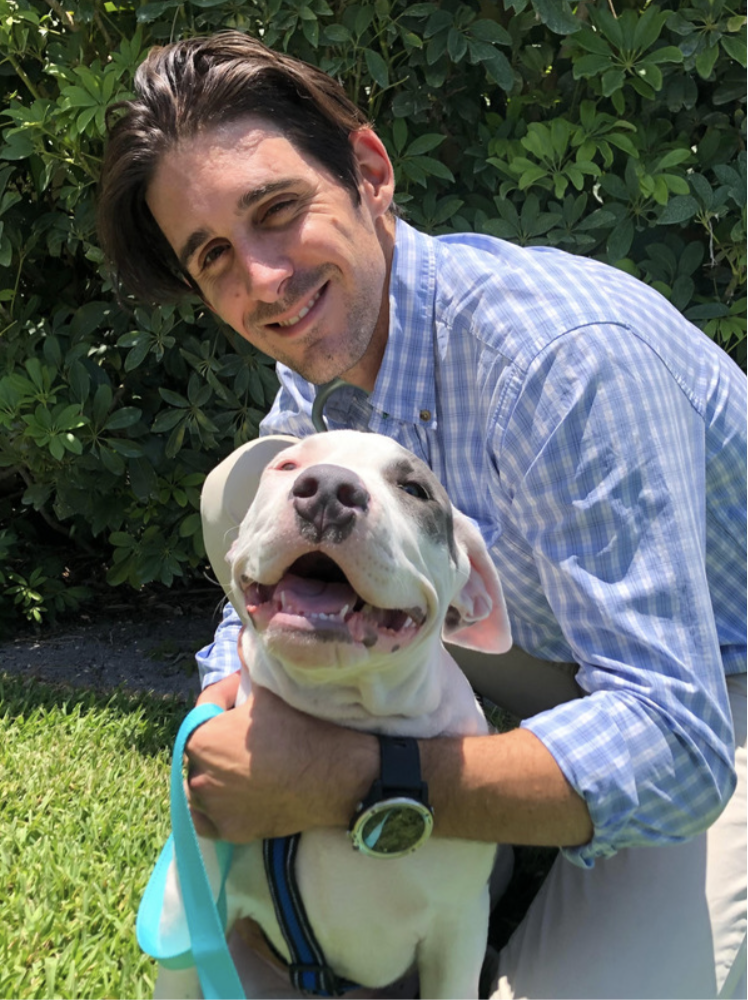
EXOTICS
Feathers, Fins, Fur, and More
From birds and small mammals to reptiles and amphibians, we see them all In our hospital. Our doctors can treat infections, injuries, metabolic disorders like kidney disease, behavior issues and even cancer in our feathered friends or exotic pets.
Our "non-traditional" exotic pet patients require just as much, if not more preventive and wellness care than their dog and cat counterparts. We recommend a wellness exam as soon as possible after you obtain your new pet. This allows us the opportunity to help you get your new family member set up with the best possible diet, care and husbandry right from the start. Unfortunately, improper diet is too often responsible for a very high percentage of illness in avian and exotic patients. Our veterinarians and staff enjoy taking time to teach clients about proper handling, behavior, feeding and care of their pets.
Wellness Checkups
Exotic pets, like an iguana or parakeet, need wellness checkups, just like cats and dogs. But not all veterinarians know how to care for them. Please make sure to request Dr. Forteza for any appointments.
Just some of the species we treat. If you don’t see your pets species on our list just call 954-653-6868
Parrots
Macaws
Chickens
Iguanas
Lizards
Snakes
Turtles
Ferrets
Hamsters
Rabbits
Rats & Mice
Sugar Gliders
Pigs
Goats
and More
Veterinary medicine for exotic pets is growing as the popularity of these animals increases. When pet owners have access to the best information about nutritional and environmental management, exotic pets have a greater chance to live longer, healthier lives. If you own one of these unique pets, we encourage you to schedule a complete physical exam and consultation on proper care and feeding. Our trained staff can assist you with all of your small mammal needs.
Dr. Forteza’s Tips
Please remember many exotic pets are prey species. Their instincts will help protect them from predators when they are injured or sick. Most of these pets will not vocalize when they are in pain unless the pain is severe and acute. One of the first signs of concern is that they often become very still, or don't eat.
So what should owners do to ensure that their exotic pet is well? Along with appropriate feeding and housing, preventive care is a basic responsibility in caring for exotic pets. Bringing the pet for routine veterinary visits helps catch issues in the early stages, when solutions are most manageable.
Related Departments, Programs and Services
You deserve the highest level of care, and it should go as smoothly as possible. Check out some other Pet Express Animal Hospital departments, programs and medical services. These include:
Want to know more? Discover all the benefits of becoming a member at Pet Express Animal Hospital.



